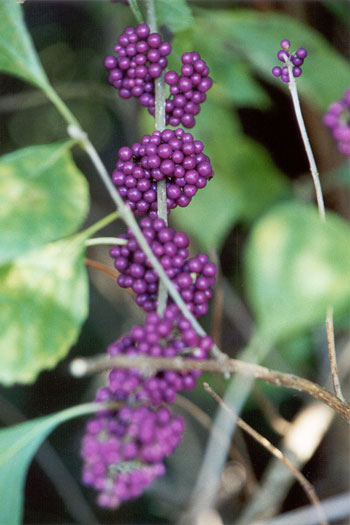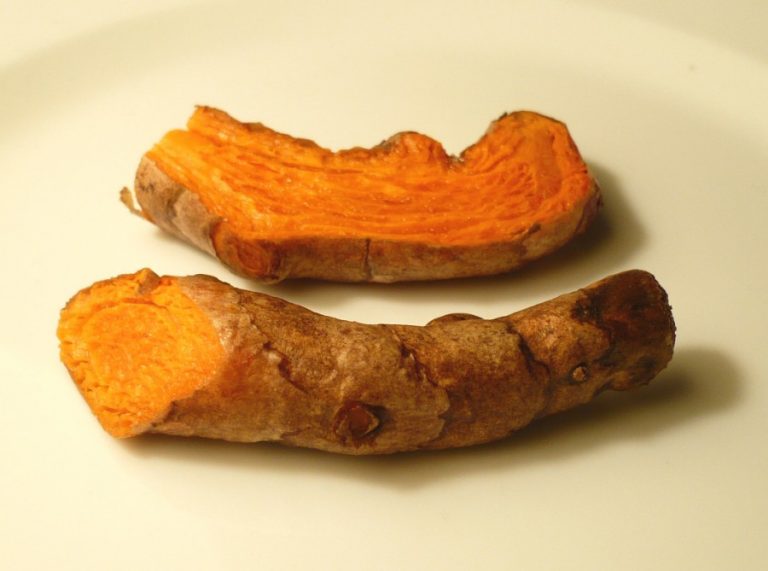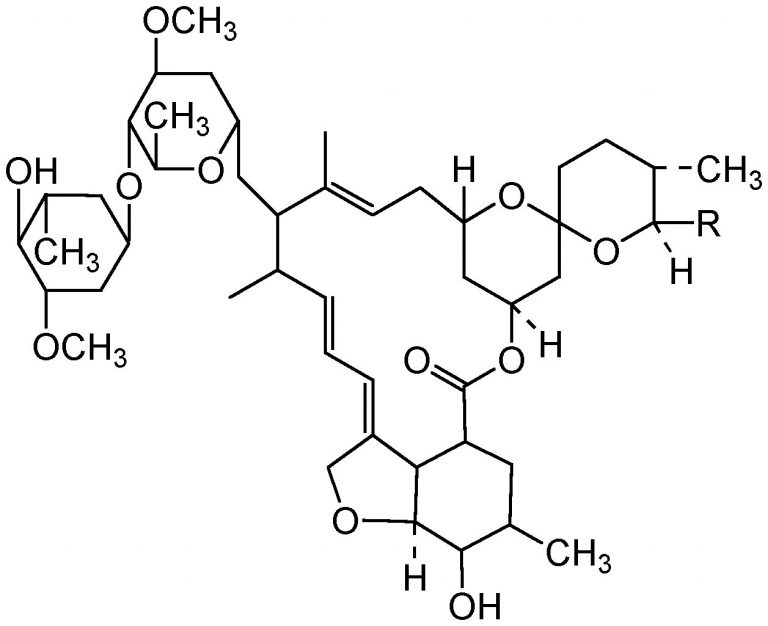Green Tea Extract May Help Some Chronic Leukemia Patients
A new case study by Mayo Clinic researchers provides preliminary evidence to suggest a component of green tea may lead to clinical improvement in patients with chronic lymphocytic leukemia (CLL). Findings are published online in Leukemia Research.
In the small case study, the researchers report on four patients who appeared to have an improvement in the clinical state of their disease after starting over-the-counter products containing epigallocatechin gallate (EGCG), an extract of green tea. Three of the four patients met the standard criteria used to define a response treatment for clinical trials. These same investigators had previously shown that EGCG kills leukemia cells from patients with CLL in the test tube by interrupting the communication signals they need to survive. That study was published in Blood in 2004.
“The experience of these individuals provides some suggestion that our previously published laboratory findings may actually translate into clinical effects for patients with this disease,” says Tait Shanafelt, M.D., Mayo Clinic hematologist and lead author of the article. Despite these encouraging preliminary findings, he urges caution. “We do not know how many patients were taking similar products and failed to have any benefit. We also do not yet know the optimal dose that should be used, the frequency with which patients should take the medication, and what side effects will be observed with long-term administration.”
Dr. Shanafelt and his colleagues say more studies are needed to determine these things before they would recommend widespread use by patients. Dr. Shanafelt is also the lead investigator in an ongoing clinical trial sponsored by the National Cancer Institute studying pharmacologic doses of EGCG in pill form for patients with CLL.


CLL is a blood and bone marrow cancer that affects 8,000 to 15,000 new patients each year in the United States. Its called chronic leukemia because it progresses more slowly than acute leukemia, and lymphocytic because it affects a group of white blood cells (lymphocytes), which typically fight infection.
CLL has no known cure and affects each individual differently. Some patients may live with it for decades and not require treatment, while others need immediate chemotherapy, and some die within months despite therapy. Because the course of the CLL is so variable, physicians have historically adopted an attitude of watchful waiting with early-stage CLL patients. However, new tests, new medications and a better understanding of the disease have stimulated interest in clinical trials to evaluate whether options beyond watchful waiting will better serve some patients.
“Green tea has long been thought to have cancer-prevention capabilities,” says Dr. Shanafelt. “It is exciting that research is now demonstrating this agent may provide new hope for CLL patients.”
Other Mayo Clinic researchers who collaborated on this paper included Neil Kay, M.D.; Yean Kit Lee; Timothy Call, M.D.; Grzegorz Nowakowski, M.D.; David Dingli, M.D., Ph.D.; and Clive Zent, M.D.
To obtain the latest news releases from Mayo Clinic, go to www.mayoclinic.org/news. MayoClinic.com (www.mayoclinic.com) is available as a resource for your health stories.






